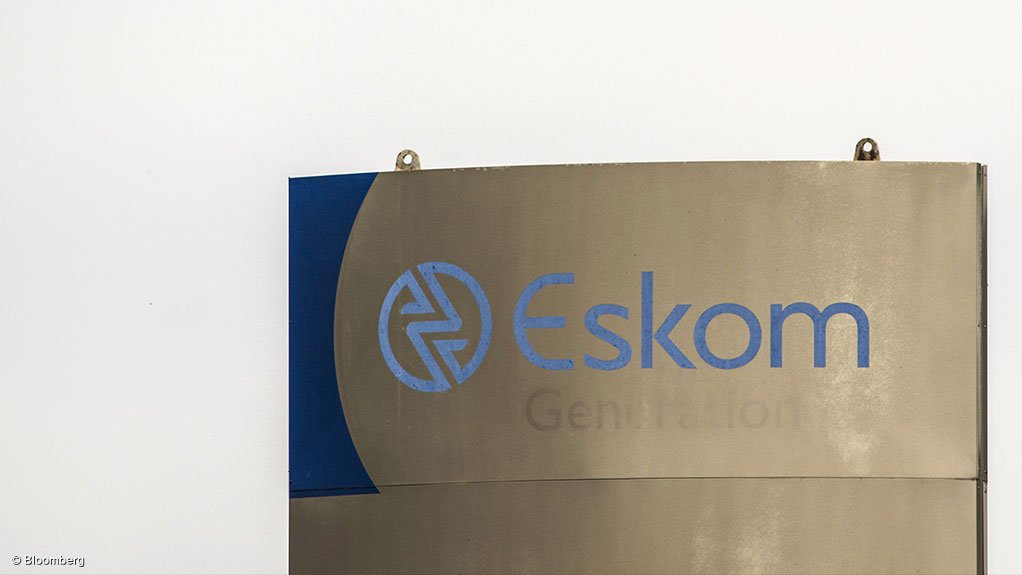/ MEDIA STATEMENT / The content on this page is not written by Polity.org.za, but is supplied by third parties. This content does not constitute news reporting by Polity.org.za.
The Minerals Council South Africa will today appear before the National Energy Regulator of South Africa (Nersa) to giveverbal evidence in support of the organisation’s written submission opposing Eskom’s Regulatory Clearing Account (RCA) application for an additional R27.3 billion in revenue.
The additional revenue is intended to compensate for revenue shortfalls and cost overruns during Eskom’s 2018/19 financial year. Eskom has defined these amounts as follows:
• R5.5 billion in respect of revenue shortfalls;
• R14.1billion in respect of coal (R12.4 billion) and coal related costs (R1.6 billion);
• R3.3 billion in respect of operating costs; and
• R3.4 billion in respect of open gas cycle turbines (OGCT) usage.
In his presentation, Henk Langenhoven, Chief Economist at the Minerals Council, will note that the Minerals Council’s opposition to the application, which would effectively increase already high electricity tariffs by a further 15% on average, is based essentially on two main arguments.
Firstly, Eskom’s revenue shortfalls and cost overruns are due to mismanagement on the organisation’s part, and it seems inconceivable that the costs of this mismanagement should be passed on to household and business consumers.
The organisation’s revenue shortfalls are due to load shedding and load curtailment, itself a function of years of mismanagement and neglect of plant maintenance;
The excessive coal costs, the biggest factor at play here, are a function of Eskom opting over the years to sign expensive short- and medium term coal contracts and to reduce investment in and neglect of the more cost effective cost-plus mines and the even cheaper fixed-price long term coal contracts. The latter category mines also had to revert to more costly short- and medium-term supplementary sources of coal.
The overrun in operating costs is a consequence of a bloated workforce. A 43% increase in the size of the workforce since 2007 is responsible for a mere 3.5% additional production capacity. This is even worse when one considers the Eskom’s energy availability factor (EAF) has fallen from 87.5% to 69% in the same period, suggesting that efficiency has deteriorated drastically in the period. And average salaries at Eskom are extremely high.
High and costly OGCT usage was a direct consequence of poor EAF, itself a consequence of the long period of mismanagement.
Says Henk Langenhoven, “The Minerals Council’s economic modelling suggests that the granting of Eskom’s application will result in more than 8,200 job losses at marginal mining operations. There would doubtless be equivalent impacts elsewhere in the economy. All of this could have been prevented had Eskom been run efficiently.”
The second basis for the Minerals Council’s opposition to Eskom’s RCA application is that the impact on Eskom would be the opposite of what is intended. Even if Nersa decides that consumers, including mining companies, can justifiably be asked to pay for the shortcomings in Eskom’s management decisions, demand will be reduced and with it, Eskom’s income.
Tariff increases of more than 523% since 2008 are largely responsible for the decline in electricity sales volumes. In 2008 actual electricity sales recorded were 224,366 GWh and in 2019 it had declined to 185,930 GWh. Should the historical tariff increases be extended through the granting of this application, this trend of reduced demand will continue, cutting Eskom’s revenues even further. That may prompt Eskom to ask for a new RCA next year, when this comes to fruition. This would be truly a ‘death spiral’.
In November 2018, the Minerals Council predicted this in its comments on the MYPD4 application: “A repeat of steep tariff increases (15% per annum) over the last 10 years will have severe consequences. It is the Minerals Council’s considered view that Eskom would lose so many mining customers that its income would suffer severely (as much as R30 billion over the period), and it would accelerate its own ‘death spiral’. Mining customers would pay less than R20 billion with 15% tariff increases due to attrition, as against R33 billion if an inflation related trajectory would be followed.”
This seemed to have become an ‘inflection point’. Eskom’s survival cannot be based on continuing huge tariff increase.
For further detail on the Minerals Council’s position in respect of Eskom’s RCA application, please see https://www.mineralscouncil.org.za/downloads/send/37-position-papers/886-position-on-eskom-s-regulatory-clearing-account-adjustment-application
Issued by Minerals Council South Africa
EMAIL THIS ARTICLE SAVE THIS ARTICLE ARTICLE ENQUIRY
To subscribe email subscriptions@creamermedia.co.za or click here
To advertise email advertising@creamermedia.co.za or click here











